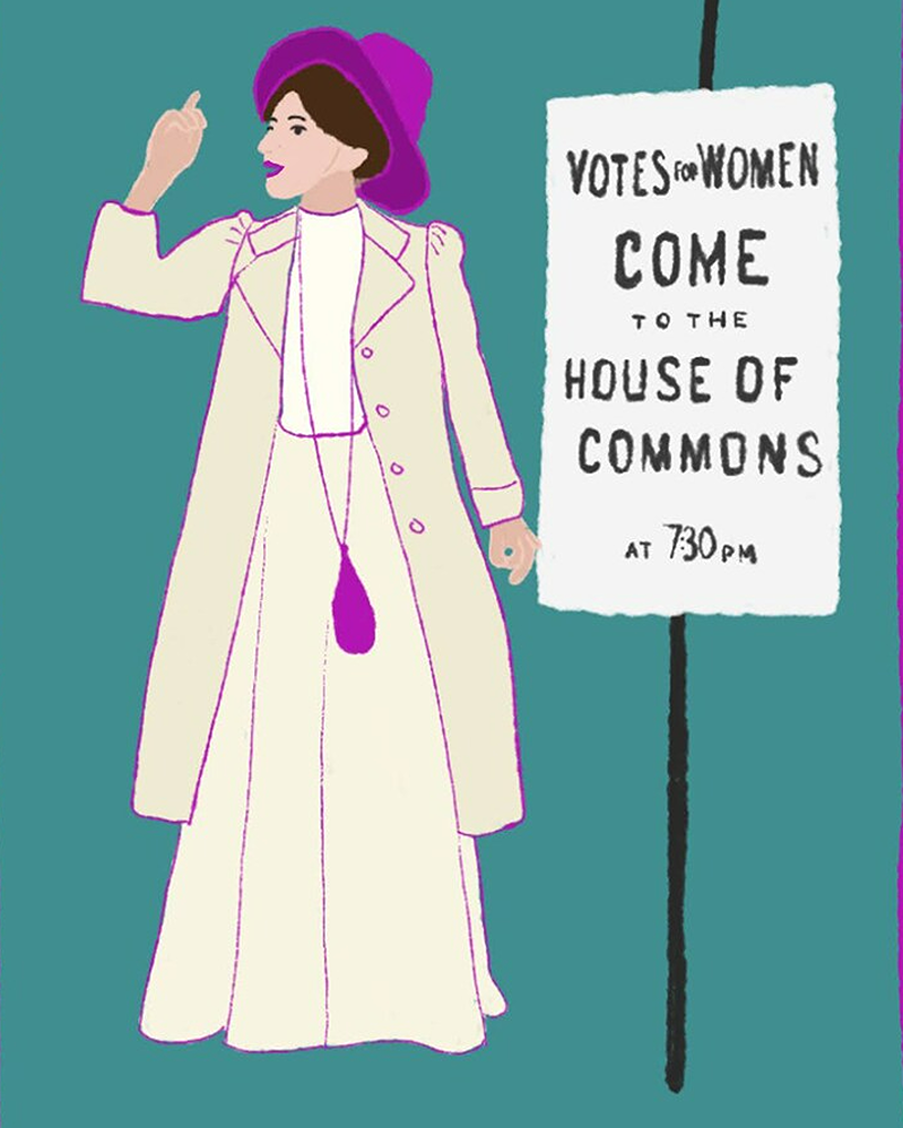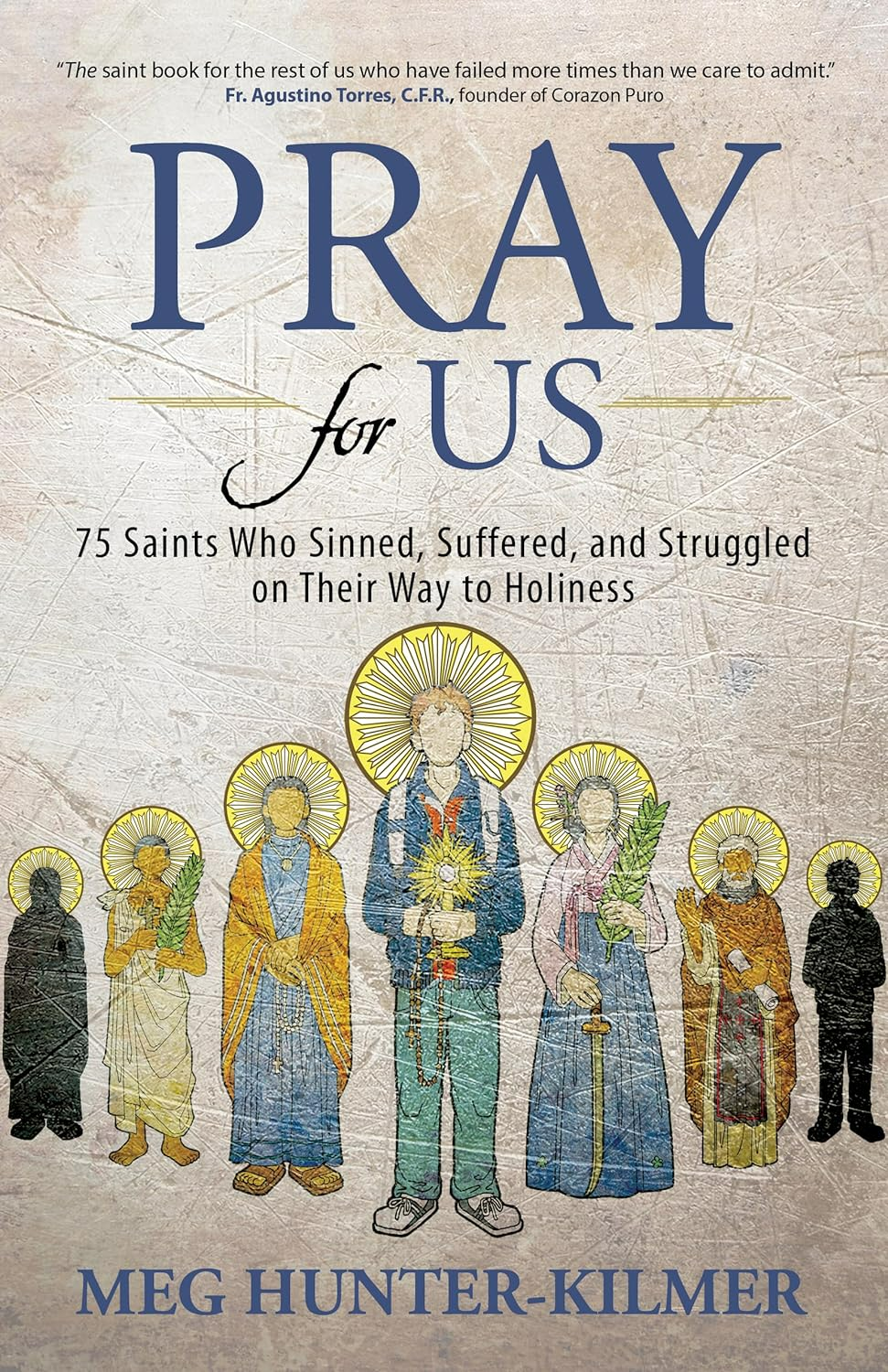
You likely know that Quakers don’t say much, but hold meetings at local Friends Meetings Houses, are mostly vegetarian, pacifist and campaign for environment issues, animal welfare, world peace and prison reform. But is that it? Not at all! In fact, there is a lot in our barmpot consumerist society that we can learn from this quiet gentle religion. Let’s learn!
Quakers began with George Fox and his friends, after they broke away from the established church in England, regarding it has hypocritical (if you’ve ever compared the simple-living Jesus Christ with huge cathedrals holding lavish royal weddings overseen by archbishops and thought there is a comparison to be had, you’re likely already half-Quaker!) They suffered greatly, some being tortured as they would not toe the line. But in history, they have created huge reforms, and have much to be proud of.
A Simple Faith in a Complicated World is by a woman who grew up in the mainstream faith, but could not find the connection to the Divine that we all seek. After failing to find answers in science and psychology (which she found fed the ego but not spirit), she began a spiritual journey that brought her to the Quakers, where she found a spiritual community that stripped down the basic commandment: love one another. In this book, Kate explores the faith of (rather than about) Jesus.
Quakers in Politics establishes the theological roots of political activism, which starts amid members of the Society of Friends. The book profiles individuals that influenced public policy, and traces the 360 years of political peaceful activism from Quakers.
What Do Quakers Believe? answers the questions many want. Quakers are a religion of doing (not thinking) and base their lives on simple living, fairness, peace, justice and truth. But underpinning their unique way of life is a spiritual practice that few rarely talk about in today’s consumerist work. So in this book, the author answers the crucial questions without jargon. And introduces a unique religious group whose impact and influence in the world is far greater than their numbers suggest.
Quakers refuse to pay taxes to fund wars
Quakers reject war in all its forms, and some even refuse to pay tax, because it is being used to buy weapons (some simply refusing to earn above the tax threshold, so they can legally avoid paying tax).
Simple living is the other main way of living for the Quaker. Whereas today it’s very fashonable to be ‘ethical’, a Quaker naturally always considers something before purchase. Do they need it? And if so, how was it made, did it cause harm to the planet, animals or people? Quakers will still buy a car to a cup of coffee, but they won’t buy stuff if it’s causing others to suffer. Many people have compared Quakers to Amish people, just with some electricity and without the bonnets!
Quakers refuse to take money from lottery grants
One interesting difference is that Quakers refuse to take money from lottery grants. Whereas many local communities boast of being awarded lottery money, Quakers have in the past rejected offers by the lottery winnings company of hundreds of thousands of pounds. Why? Because lotteries are simply gambling, and gambling causes all kinds of issues.
For a start, it’s usually the most vulnerable people in society that gamble (spending their electricity meter money on scratchcards, hoping to get themselves over the breadline to afford daily life, as they are not looked after by the state when in sticky situations). Secondly, lotteries simply give the impression that ‘life begins when you win the lottery’ rather than working hard to produce something of worth to others (this is the real way to make money).
In order for you to win the lottery, someone has to lose. So if you put a shiny new roof on your church, then there are many other older, vulnerable and unwell people who are now out of pocket, because they paid for your roof, in the hope that they could become rich. Quakers don’t like it, so they simply don’t take the money.
Whether you think is sensible or daft, we must surely have a sneaky admiration for a faith that is quiet and peaceful, yet sticks to its principles. Not paying tax to fund wars? Not supporting wars? Trying to rehabilitate prisoners, rather than whip up hatred and revenge? Being kind to animals and the planet? Not being impressed with big church extravagence when people go hungry? And not taking lottery winnings, as it means someone else suffers? Where’s the nearest Friends meeting house?!






